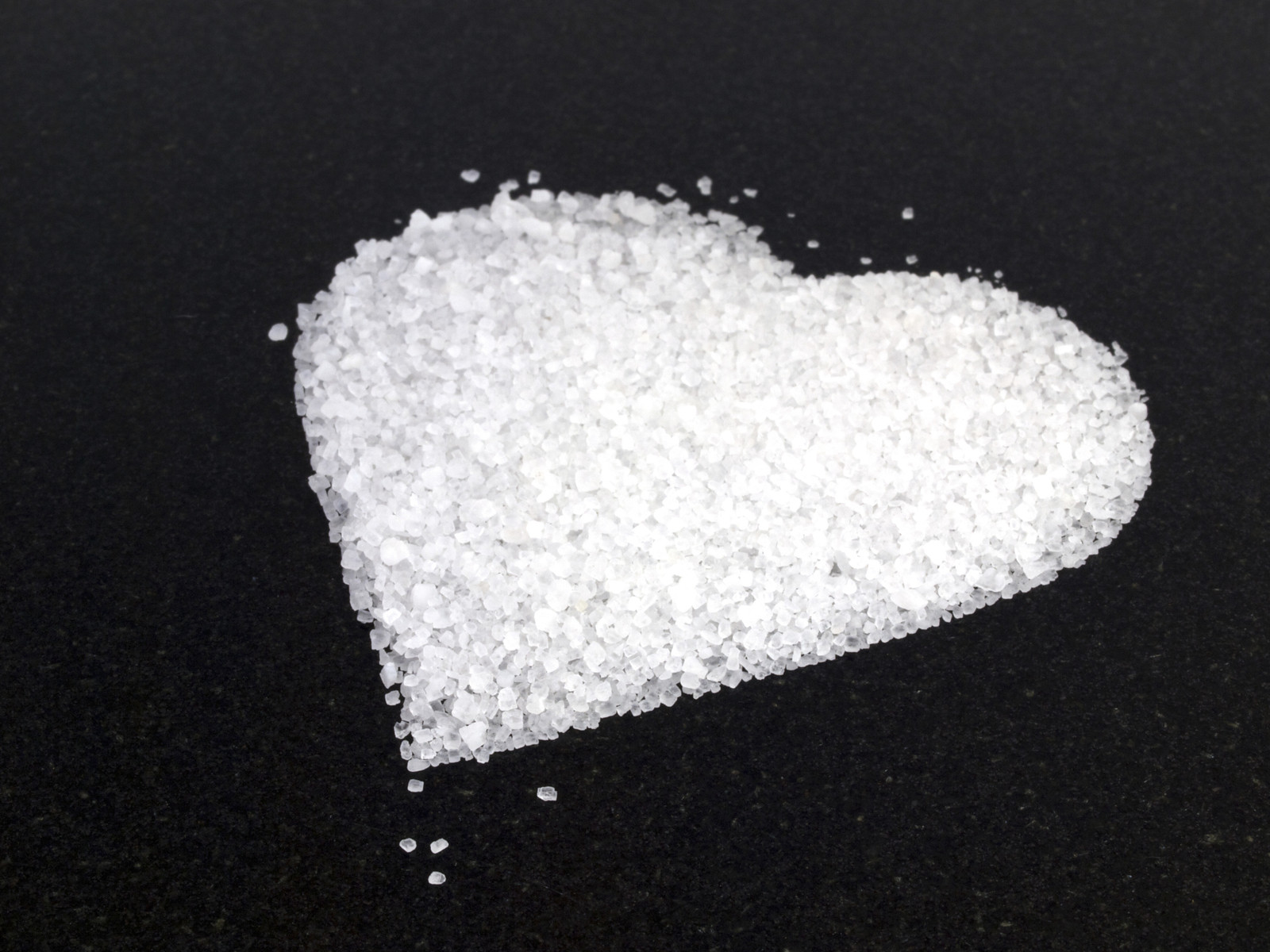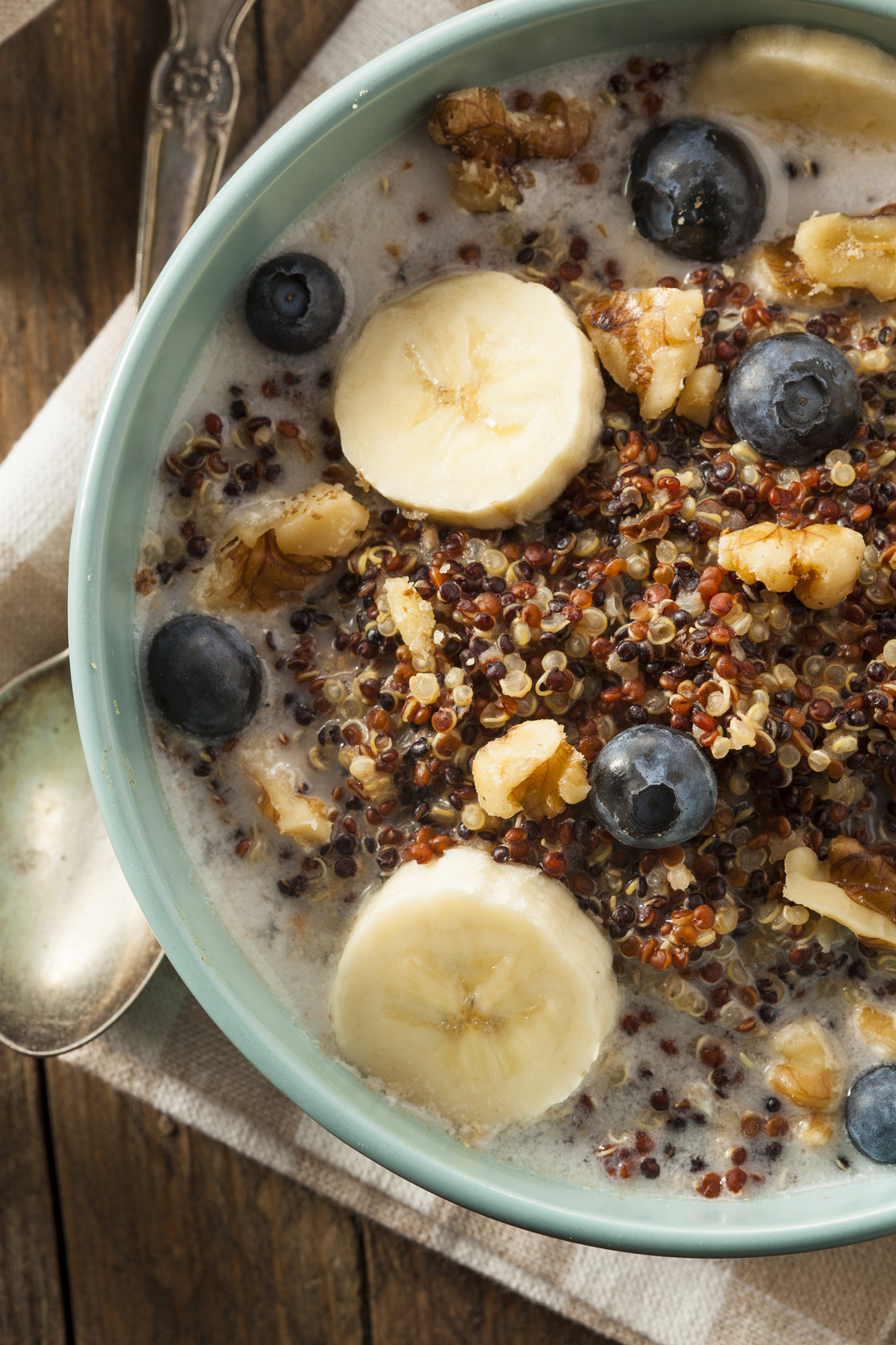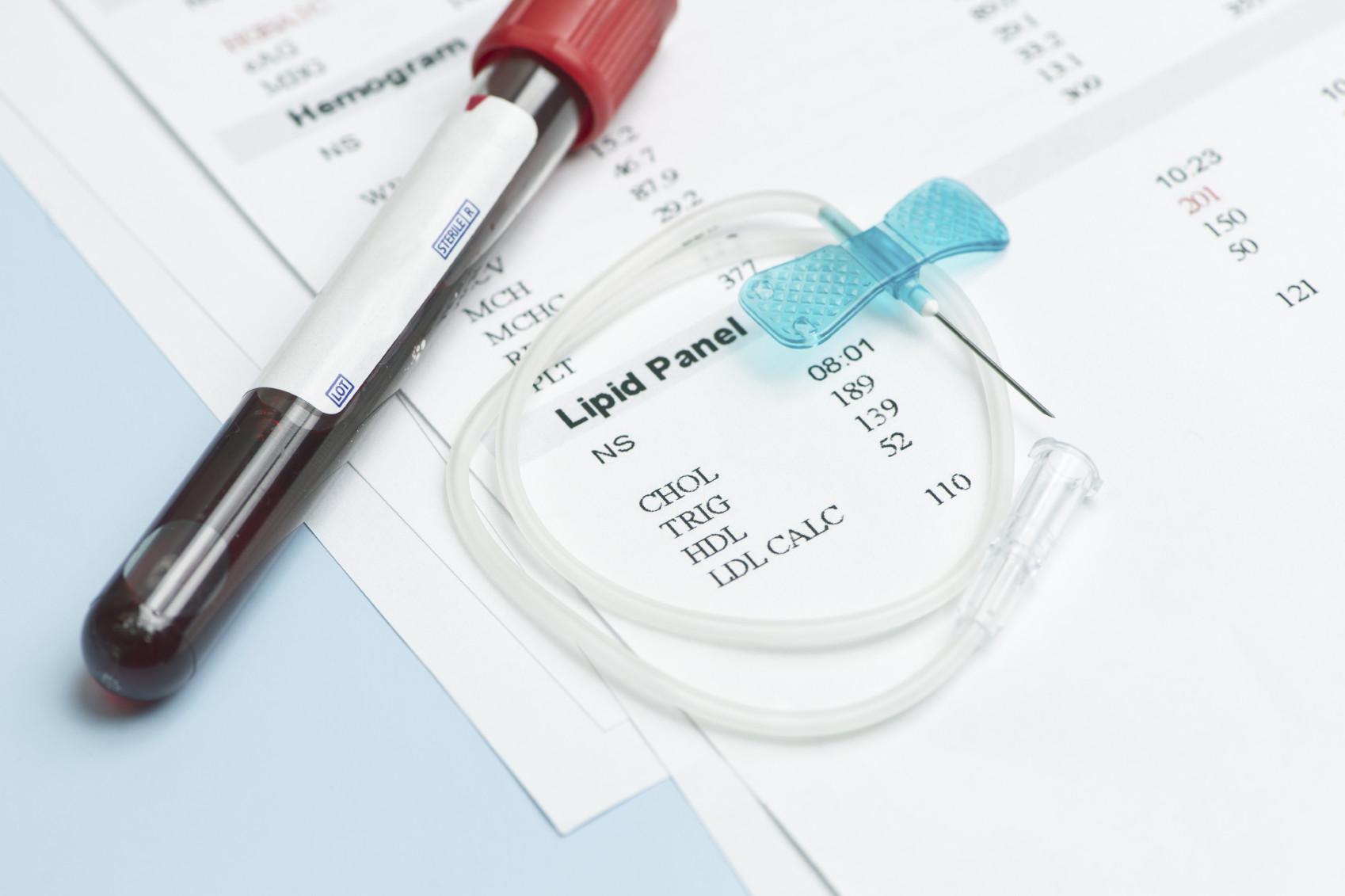
Respiratory health harms often follow flooding: Taking these steps can help

Tips to leverage neuroplasticity to maintain cognitive fitness as you age

Can white noise really help you sleep better?

Celiac disease: Exploring four myths

What is prostatitis and how is it treated?

What is Cushing syndrome?

Exercises to relieve joint pain

Think your child has ADHD? What your pediatrician can do

Foam roller: Could you benefit from this massage tool?

Stepping up activity if winter slowed you down
Heart Health Archive
Articles
Dance your way to better heart health?
Regular, moderate-intensity dancing may lower the risk of dying of cardiovascular disease. Aside from the exercise benefits, dancing is often a lifelong habit and provides stress-lowering social connections.
Risk of serious falls linked to changes in blood pressure drugs
When older people start taking a new blood pressure drug or change the dose of their current drug, they may be more prone to a serious fall during the following two weeks. But this increased fall risk doesn’t seem to persist over the long term.
Exercise-free activities that work your muscles and heart
Dancing, playing sports, and even cleaning your house can give you a nontraditional workout that helps maintain good health.
Image: Jon Feingersh/Thinkstock
Exercising is supposed to be a regular part of your daily health maintenance. That can be a problem if you don't have the motivation to get your heart pumping; you raise your risk for weight gain, chronic disease, and an earlier death.
Fortunately, you can get plenty of effective exercise by engaging in recreational or household activities that work your heart and muscles. "There's a real reward in doing an activity you enjoy, such as swimming or playing with your grandchildren. You get a workout, but it doesn't seem like you're exercising, and you may be more willing to keep doing that activity every day because it's fun," says Dawn Rogers, a physical therapist at Harvard-affiliated Brigham and Women's Hospital.
Will the food industry ease up on salt?
On June 1, 2016, the FDA proposed voluntary guidelines for short- and long-term goals to cut sodium in commercially processed and prepared food.
For the good of your heart: Keep holding the salt
A recently published study claimed that people who ate a low sodium diet were more likely to suffer from cardiovascular disease and death. However, there were problems with this study – including difficulty with accurately measuring each study volunteer’s daily intake of sodium. Low sodium diets may be harmful for small subsets of people, but for the majority of people restricting salt intake is still important for cardiovascular health.
Your resting heart rate can reflect your current — and future — health
How many times your heart beats per minute when you’re resting — also known as your resting heart rate (RHR) — can provide important clues to your current overall health and even predict possible future health problems.
Prompt attention to “ministrokes” may reduce risk of subsequent stroke
Getting immediate attention for symptoms of a transient ischemic attack can minimize the risk of a subsequent stroke.

Respiratory health harms often follow flooding: Taking these steps can help

Tips to leverage neuroplasticity to maintain cognitive fitness as you age

Can white noise really help you sleep better?

Celiac disease: Exploring four myths

What is prostatitis and how is it treated?

What is Cushing syndrome?

Exercises to relieve joint pain

Think your child has ADHD? What your pediatrician can do

Foam roller: Could you benefit from this massage tool?

Stepping up activity if winter slowed you down
Free Healthbeat Signup
Get the latest in health news delivered to your inbox!
Sign Up










